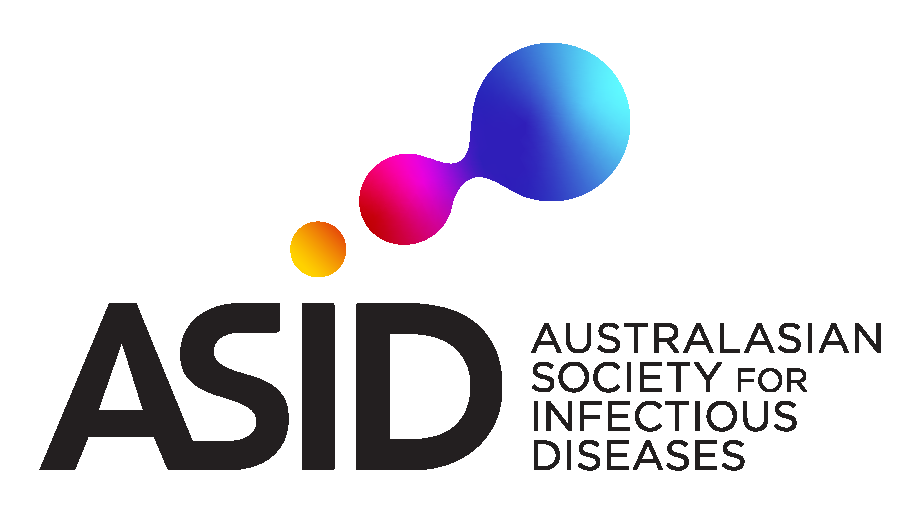Keep up to date with recommended vaccines to protect your health: VACSIG’s message during WHO’s World Immunization Week 2023.
The Vaccination Special Interest Group (VACSIG) of the Australasian Society for Infectious Diseases (ASID) is highlighting World Immunization Week 2023 to increase awareness around the benefits of immunisation and to encourage Australians and New Zealanders to keep up to date with their vaccinations.
World Immunization Week is a significant global public health campaign that seeks to promote the use of vaccines to protect people against vaccine-preventable diseases. Observed every year from 24 - 30 April it is an important effort to help prevent the spread of deadly diseases around the world.
VACSIG advocates on vaccine confidence, safety issues and policy and has a clear message: Immunisation is one of the safest and most effective ways of protecting against serious diseases. Remaining up to date with recommended vaccinations is key to protecting your health, particularly for more vulnerable groups such as young children, pregnant women and older people who may have missed routine vaccines due to the COVID-19 pandemic.
The global COVID-19 pandemic has resulted in millions of children missing some or all of their essential vaccines, including children from Australia and New Zealand. Outbreaks of vaccine-preventable diseases are rising, including in the local region. The World Health Organisation (WHO) have launched The Big Catch-up to try and get the world back on track and avoid children dying from vaccine-preventable infections.
ASID’s VACSIG is urging people to come forward and ensure that their families are up to date with all recommended immunisations, particularly for children and elderly relatives and other high-risk groups.
Now that the 2023 influenza (flu) season has commenced, it is important that influenza vaccination (the most important measure to prevent influenza and its complications) is recommended for all people aged six months and older. [1]
Additionally, it is important that the elderly and other high-risk groups receive the recommended pneumococcal conjugate vaccine to prevent the complications of influenza infection.
COVID-19 vaccine boosters are recommended in these groups too and should also be considered for those aged 18-64 years.[2]
[1] AUS: https://www.health.gov.au/news/2023-national-immunisation-program-influenza-vaccination-early-advice-for-vaccination-providers
NZ: https://www.immunise.health.nz/about-immunisation/nz-immunisations/flu-influenza-vaccine
[2] AUS: https://www.health.gov.au/news/atagi-2023-booster-advice
NZ: https://www.health.govt.nz/covid-19-novel-coronavirus/covid-19-vaccines/covid-19-vaccine-boosters
